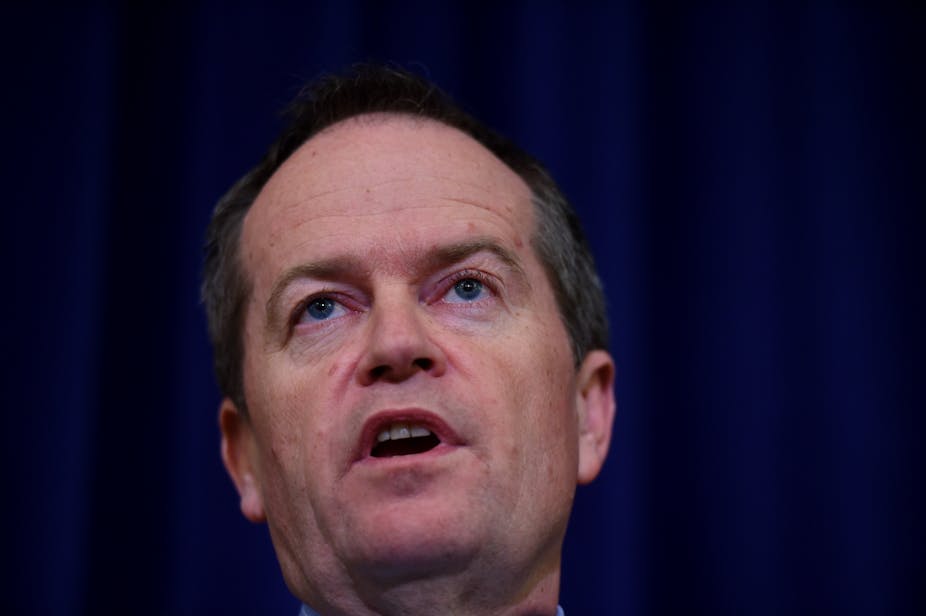Opposition leader Bill Shorten has taken his battle with prime minister Tony Abbott over climate policy to an international stage, saying the issue should be a priority for the G20 leaders’ meeting in Brisbane.
Addressing the Peterson Institute for International Economics in Washington, Shorten said Australia had gained “regrettable” worldwide attention for moving backwards on climate change, in a reference to this month’s carbon tax repeal by the Coalition.
Reaffirming that Labor remained committed to “effective action” on climate change through policies like an emissions trading scheme, he said opting for inaction was environmentally and economically reckless. It was “another form of false economic protection – a damaging economic isolationism”.
Shorten said that President Barack Obama had made his preference for an ETS clear, but the political dynamic in Congress meant the United States would focus its national efforts through heavy regulation and intervention.
“As the world moves to take action, it will not be long before a lack of climate policy is an obstacle to finalising trade deals,” he said. “In fact, it is entirely possible that trade negotiations will mandate an effective price on carbon to ensure a level trading field.”
Shorten announced Labor would remain committed to an ETS immediately after the Parliament repealed the carbon tax last week, ensuring that carbon pricing will be a central issue for the 2016 election. It is not yet clear whether the government will be able to strike a deal to get an amended form of its direct action policy through the Senate.
His speech highlighted a touchy issue in relation to the G20 – the government is anxious to have minimal attention on climate change in that forum.
Shorten said that because climate change was an economic, environmental and security issue it belonged on the G20 agenda.
“Just as global growth, global free trade and multinational tax avoidance require international consensus, climate change is a global problem that demands a global solution,” he said.
“Just as the 2015 Paris Climate summit will give world leaders a chance to formulate their emissions targets, the G20 offers the opportunity for stronger, deeper economic links in the emissions market.”
The benefit of emissions trading was that it created economy-wide incentives for clean energy and more efficient use of energy.
“Effective action on climate change provides a strong price signal to diversify the national and global energy mix.
"Reliable renewable energy acts as a shock absorber for the unforeseen natural disasters and sudden geopolitical shifts that can imperil conventional energy supplies.
"For G20 governments, energy security depends on creating an environment of regulatory certainty and encouraging innovation and investment in renewable technologies.”

